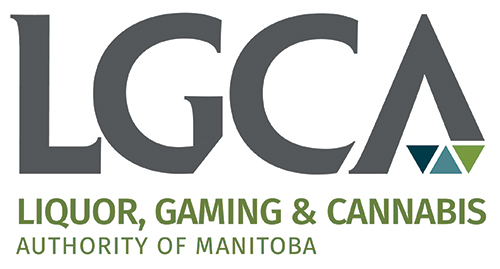Dancing and drinking are allowed for the first time. For a $10 fee, a licensed dining room can obtain a permit to dance. Laws evolve with changing public attitudes After World War I, Manitobans’ attitudes toward alcohol begin to relax. By the 1950s the public is ready for a major overhaul of Manitoba’s liquor laws, including a new approach to selling …
1961
On voting days, liquor stores and licensed premises can remain open, except during federal and provincial elections. In 1966, the government allows licensed premises and liquor stores to be open and occasional permits to be issued after the polls close on provincial election days.
1960
Aboriginals can purchase liquor for off-premises consumption. However, they are still unable to consume liquor in licensed establishments, and sales are not allowed on reserves. Manitoba begins extending hours of service for beer parlours, vendors and beverage rooms. Hours gradually become longer and more flexible through frequent amendments to the law over the next 51 years.
1957
Mixed gender drinking is allowed in cocktail lounges, beverage rooms and restaurants.
1956
A new liquor vending system is established. When The Liquor Control Act comes into effect, Manitobans no longer need to apply for a permit to buy alcohol. Instead, they visit a government liquor store and complete an order form. They list their name, address, and the type and quantity of liquor purchased so all sales can be tracked. They then present the form …
1955
A provincial review committee recommends liquor laws be modernized. Led by former premier John Bracken (Bracken Report), the committee advocates a stronger emphasis on self-control and more equal treatment of all Manitobans over 21, including women and Aboriginals. In response to the Bracken Report, the new Liquor Control Act is brought forward and is passed into law the following year. The Act is …
1950
Steinbach remains dry. When most of Manitoba ended Prohibition decades earlier, Steinbach did not. In 1950, the people of Steinbach vote to continue the ban against all liquor sales in their community. Steinbach will remain a dry community well into the next millennium.
1943
Beer rationing is introduced during World War II. Rationing remains in effect until 1948.
1942
Enforcement moves to police. The RCMP and Winnipeg Police Morality Department agree to assume responsibility for liquor law enforcement in return for payment. The Office of the Chief Inspector is downsized.
1936
Pricing favours made-in-Manitoba beer. A bottle of beer manufactured outside Manitoba must be sold for five cents more than locally produced beer.
